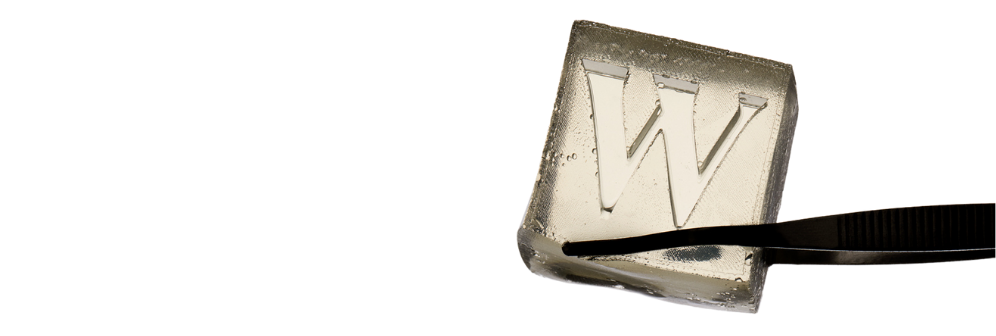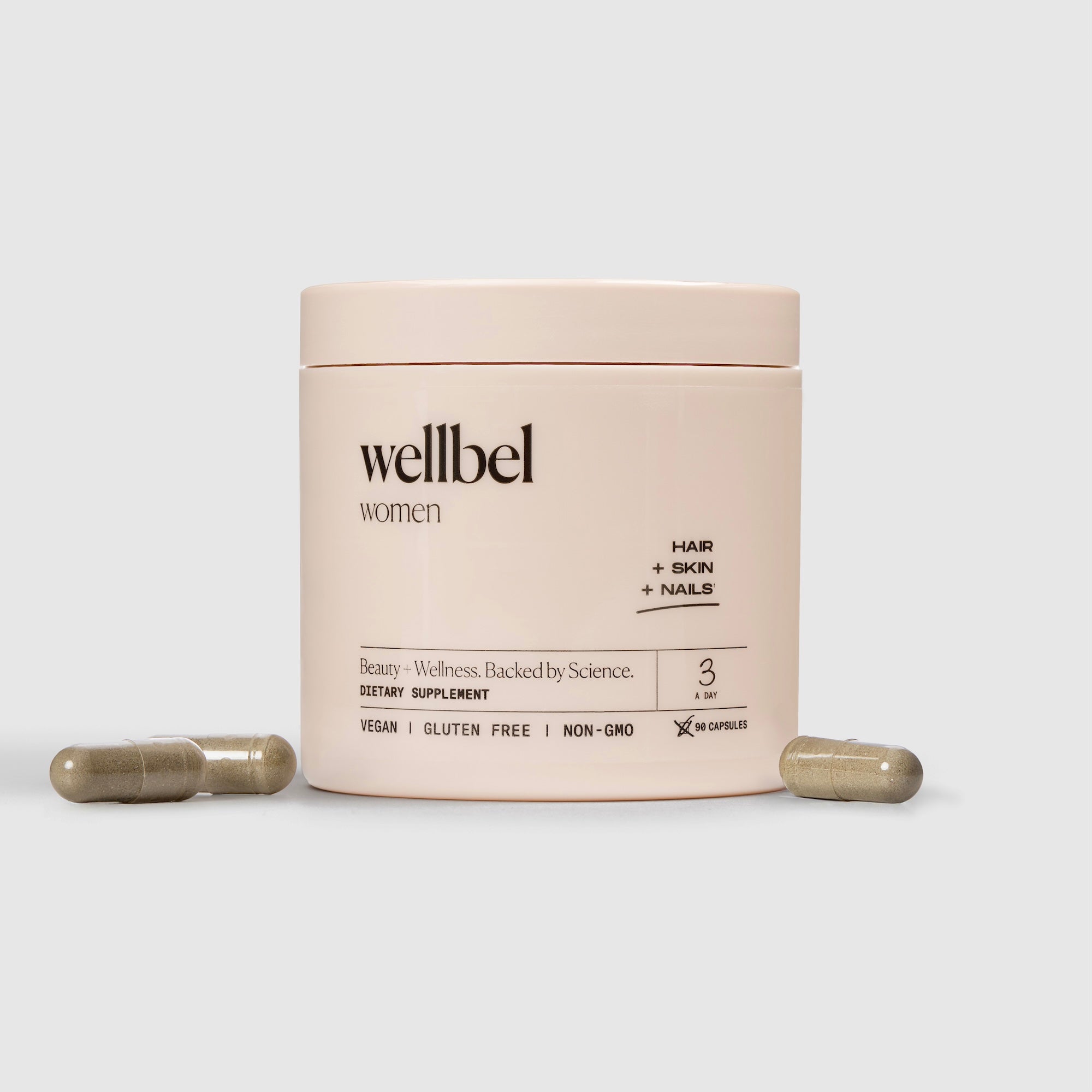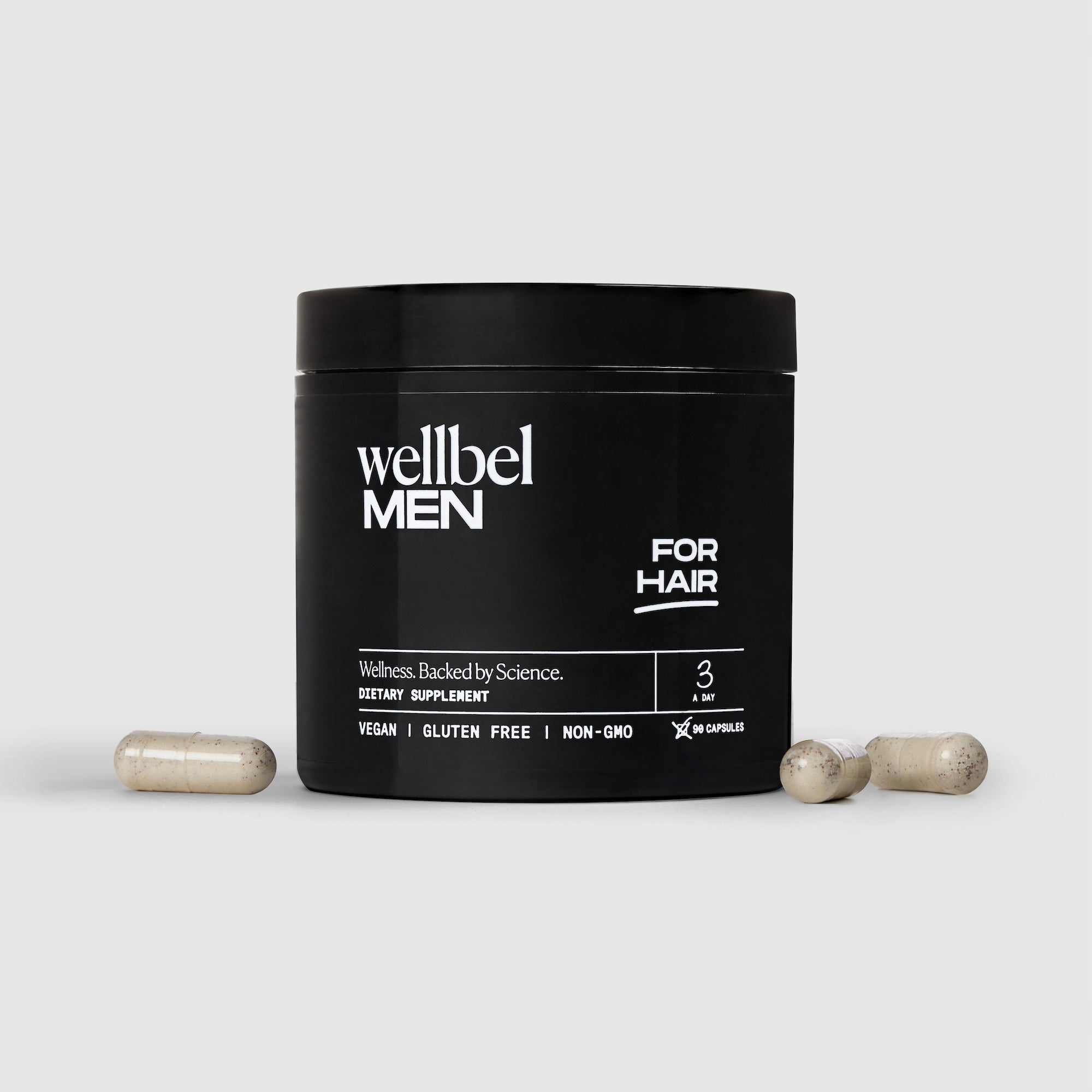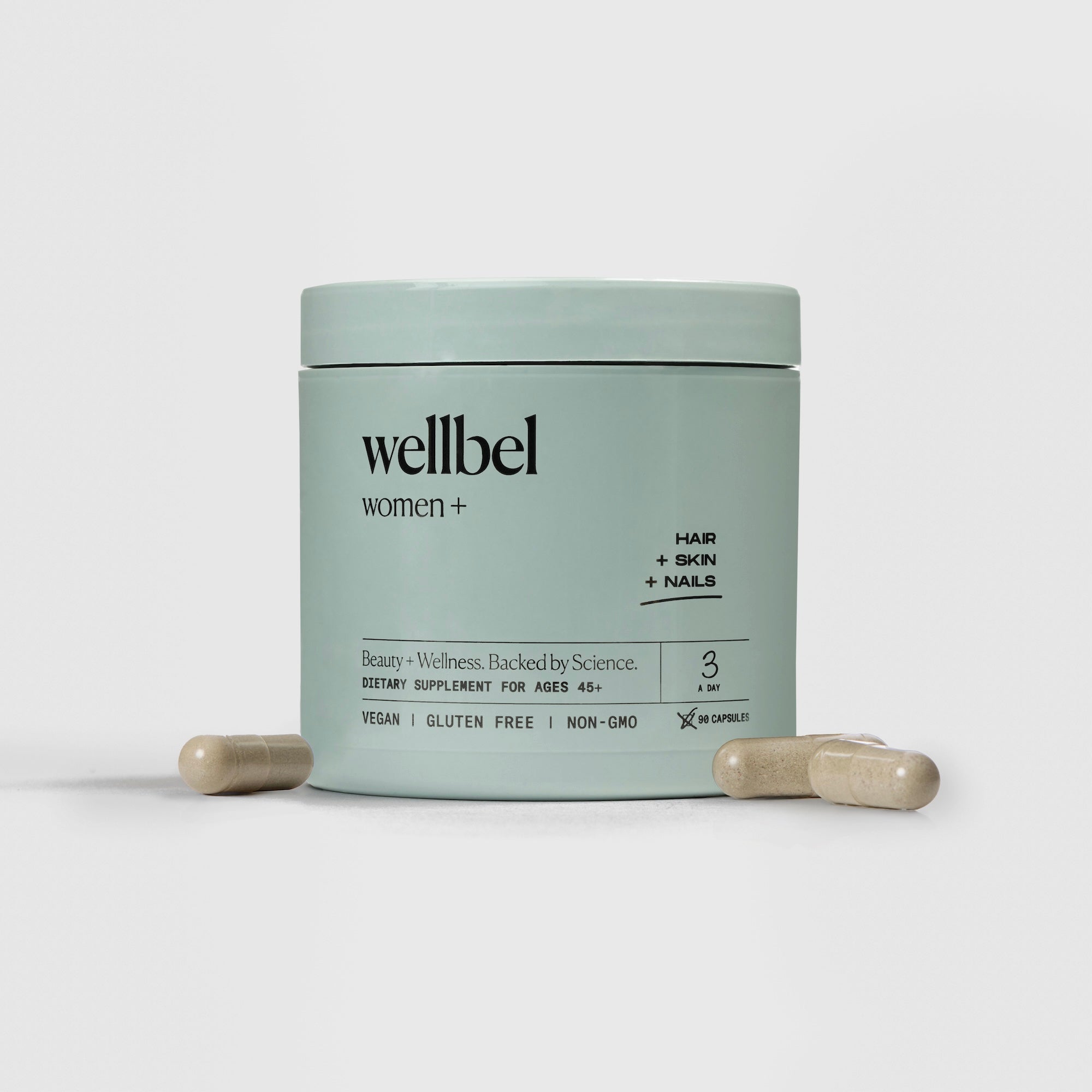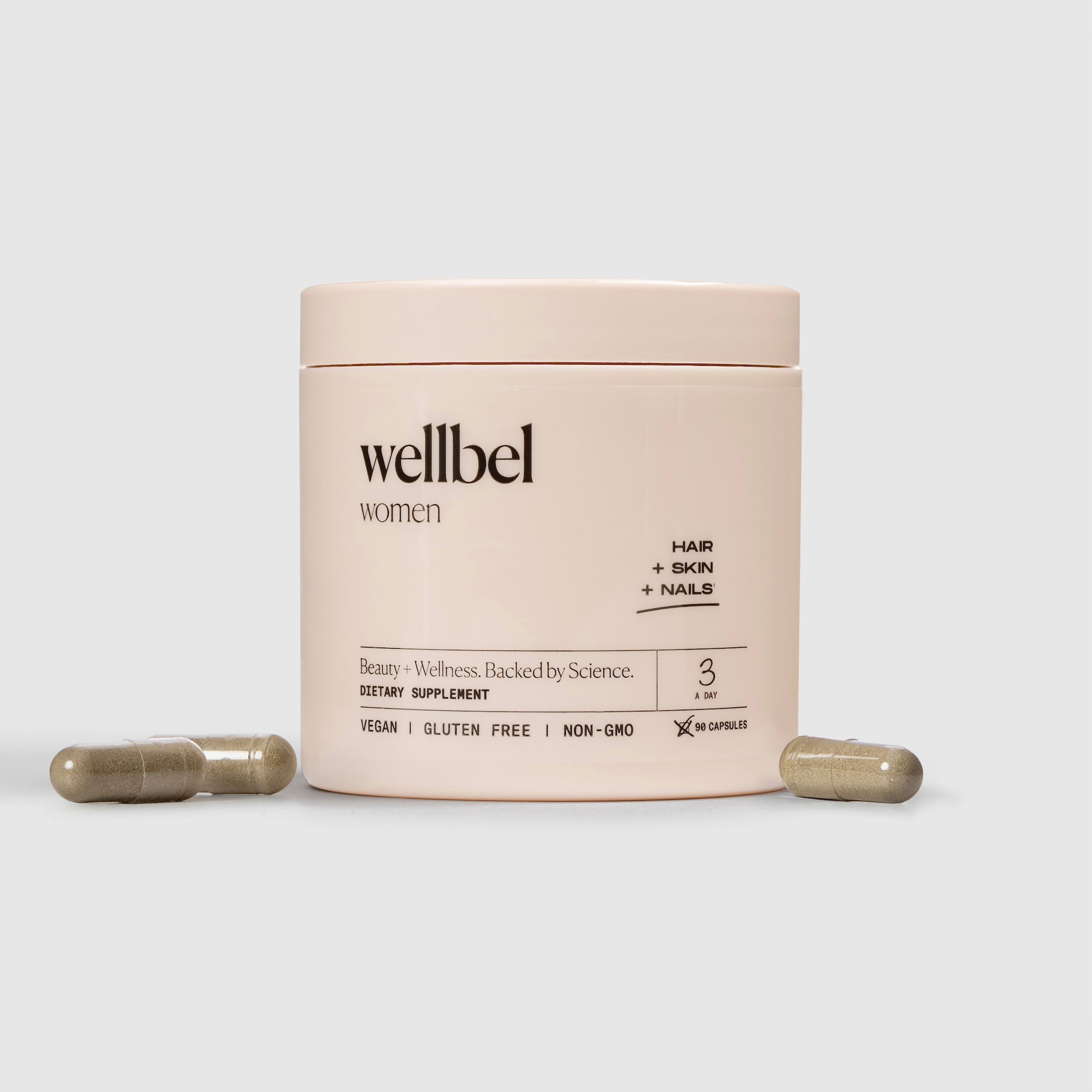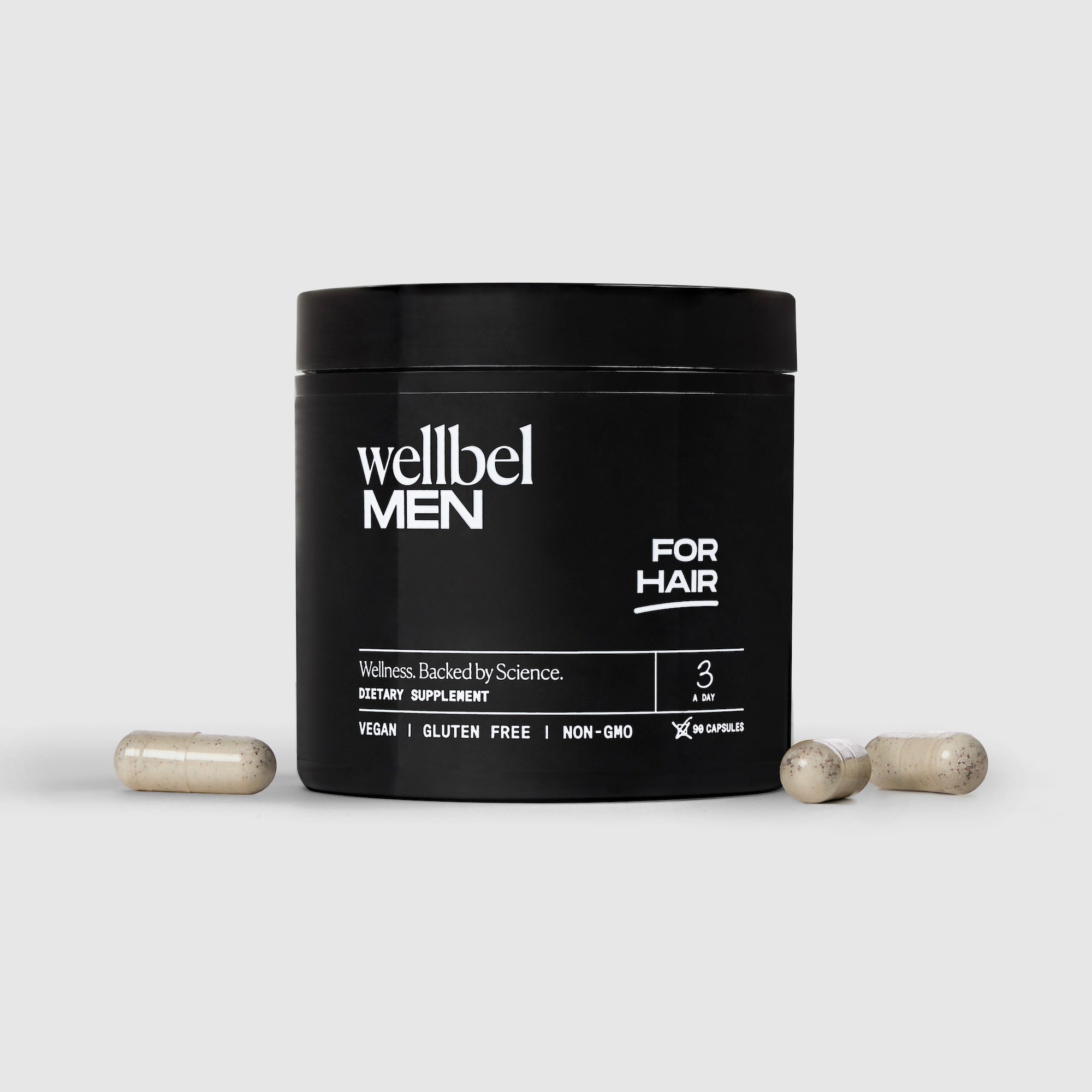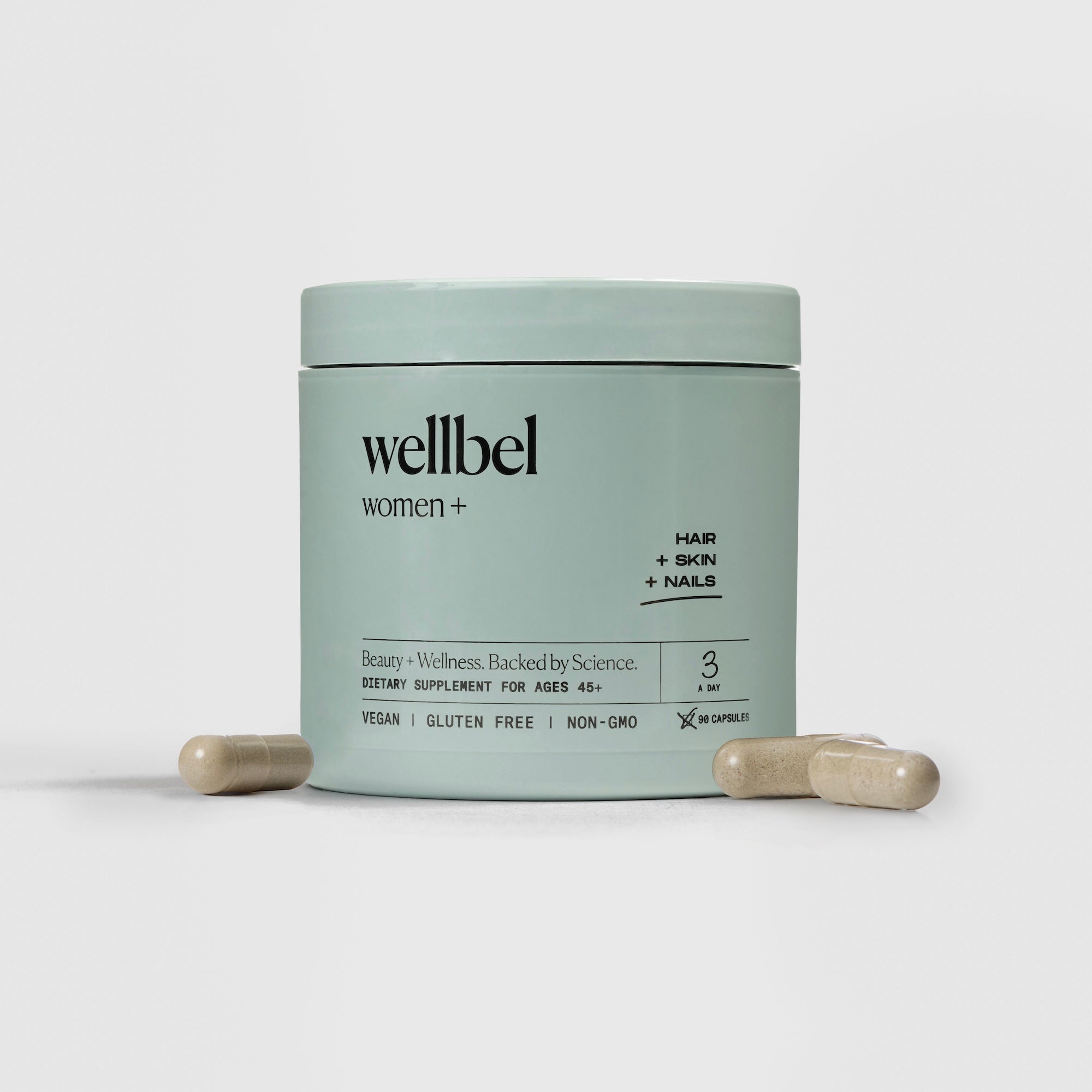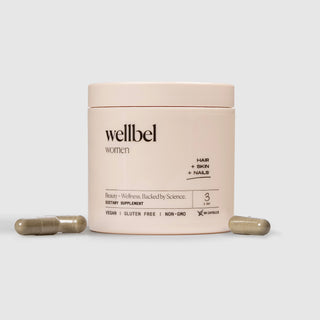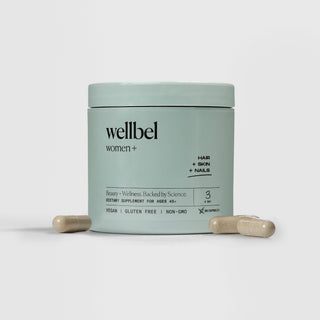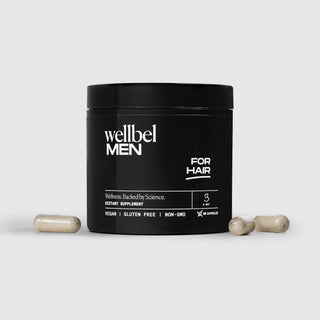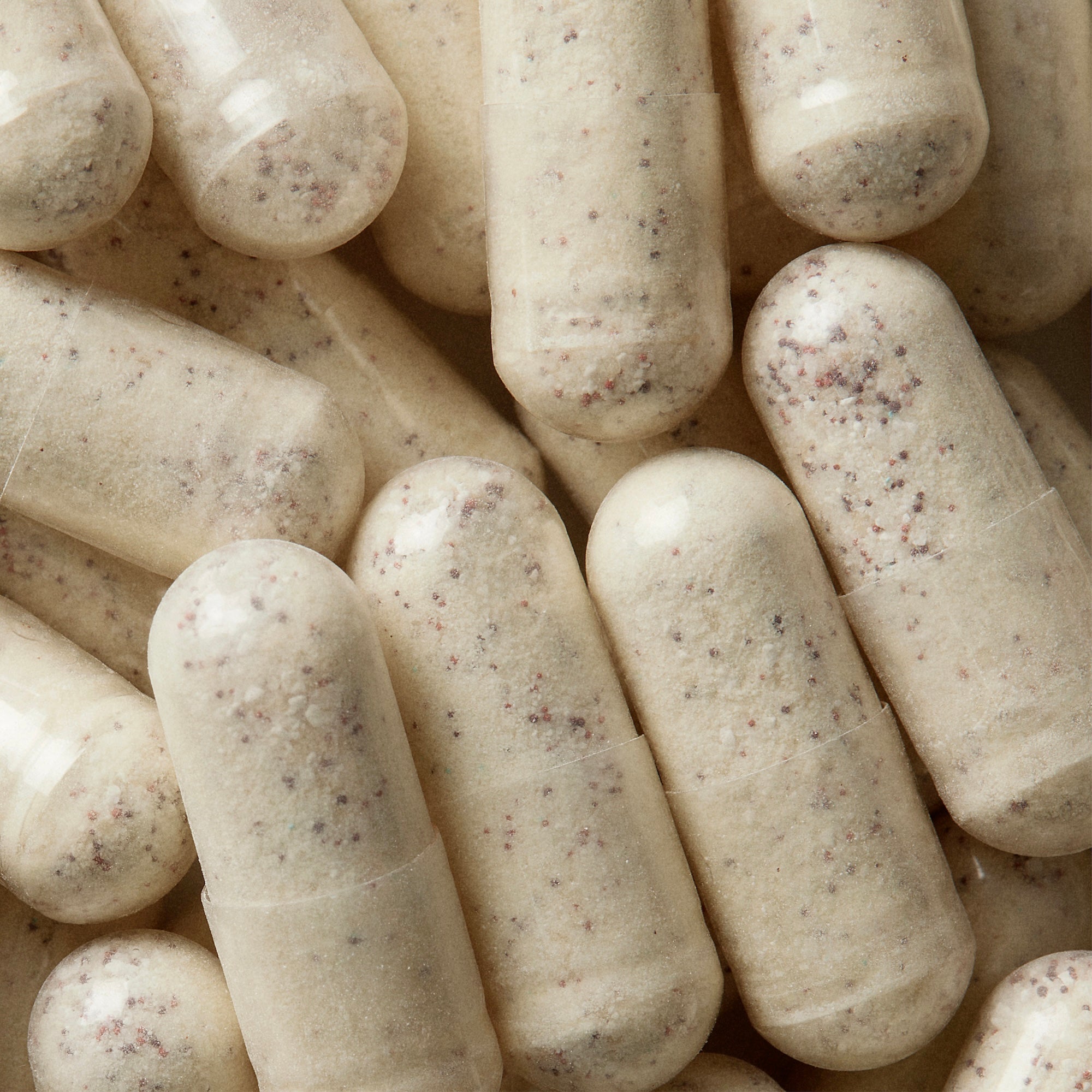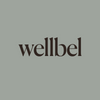Zinc is a vital mineral that helps your immune system and metabolism function.
This mineral is also important for wound healing. Oddly enough, zinc is also important for your body’s sense of taste and smell.
Due to these various health benefits of zinc, it's one of the crucial ingredients in our Wellbel Men’s Formula. This daily men’s health formula is designed to provide targeted support for the challenges that men face.
This article will explore the health benefits of zinc and how you can add more of this important mineral to your diet.
Zinc Overview:
Zinc, classified as a trace mineral, is required by the body in small quantities but plays a crucial role in the functioning of nearly 100 enzymes.
This mineral is considered to be an essential nutrient, meaning that the body can’t create it. Due to this, you must get a constant supply of zinc through diet or supplementation.
Zinc is involved in the synthesis of DNA, cell growth, protein building, tissue repair, and in the immune system.
Zinc helps cells to grow and multiply, this makes getting adequate zinc levels important during times of rapid growth, such as during childhood, adolescence, or pregnancy.
Zinc is also needed for your body to properly taste and smell. One of the key enzymes for accurate taste and smell is dependent on this nutrient, thus, a zinc deficiency can reduce your ability to taste or smell.
Zinc deficiency is tied with a variety of health problems, including:
- Hair loss
- Loss of taste or smell
- Poor appetite
- Poor mood
- Delayed wound healing
You can add zinc to your diet via supplementation, you can also get it by eating zinc-rich foods, such as oysters, red meat, and eggs. Zinc is naturally found in a variety of both animal and plant foods.
Potential Health Benefits of Zinc:
Below is a review of the various health benefits of zinc.
1. Immune Health
Zince is an essential nutrient that’s needed by the immune system.
Research shows that the body needs zinc for the normal development and function of various immune cells, including neutrophils and NK cells. These immune cells are a key part of the innate immune system, which is the body’s first line of defense against invading pathogens.
If you’re looking to maintain a healthy immune system, then consider adding zinc-rich herbs and foods to your diet. You can also take a daily zinc supplement.
2. Skin Health
Zinc also plays an important role in maintaining healthy skin.
The body uses zinc in protein synthesis and wound healing - making it a key nutrient for skin health.
A clinical review found that zinc can be helpful for those struggling with acne.
If you’re looking to maintain healthy, blemish-free skin, then consider adding zinc to your lineup of daily supplements.
3. Testosterone Production
Zinc is important natural support for testosterone production.
Testosterone is an important hormone that holds significant importance in men's health. It serves as a key factor in maintaining sex drive, muscle strength, and bone health. Testosterone levels reach their peak during early adulthood and gradually decline as a natural part of the aging process.
Although the mechanism of action isn’t known yet, it has been discovered that low zinc levels are tied to low testosterone levels.
A study showed that when young men didn't get enough zinc in their diet for 20 weeks, their testosterone levels dropped significantly. But when older men with a little zinc deficiency took zinc supplements for six months, their testosterone levels improved and went back to a healthy range.
If you’re wanting to support your body’s natural testosterone production, then consider adding zinc to your routine.
4. Balances Inflammation
Zinc is also thought to have the ability to help balance inflammation levels throughout the body.
A research review that looked at 7 different studies found that zinc intake is associated with decreases in various inflammatory markers, including C reactive protein (CRP), TNF-α, and more.
Zinc is also a vital antioxidant. Research shows that zinc increases the activation of glutathione, the body’s master antioxidant.
If you’re looking for balance in this area, then consider adding zinc to your diet.
How Much Zinc Should I Take?
The National Institute of Health recommends 8 mg of zinc per day for women and 11 mg per day for men.
It should be noted that zinc reduces the amount of copper your body absorbs, which can cause a copper deficiency For this reason, if taking a zinc supplement, it’s recommended to take it alongside copper.
This is why we include both zinc and copper in our Wellbel Men’s Formula.
How To Add Zinc To Your Diet:
Based on the numerous health benefits of zinc outlined above, incorporating this mineral into your diet is key for overall health and wellness.
The easiest way to add this essential mineral to your diet is to take a daily zinc supplement.
At Wellbel, we include zinc in our Wellbel Men’s Formula, which gives your body an ideal amount of this key mineral in 1 daily serving.
In addition to zinc, our men’s formula also contains other key ingredients that help to support overall health and wellness, including vitamin A, vitamin D, vitamin B12, and more.
You can shop our formulas here.
You can also get zinc via diet. As previously noted, zinc is found in various foods, including oysters, pumpkin seeds, oats, crab, and red meat.
Conclusion:
Zinc is an important nutrient that benefits the body in a variety of different ways.
Research shows that it may provide many different health benefits, especially for immune health, healthy skin, testosterone production, and more.
If you are looking for natural support in any of these areas, zinc is worth considering.
Here at Wellbel, we include zinc in our Wellbel Men’s Formula. This daily formula is designed to provide your body with the nutrients it needs for healthy hair as well as overall health.
Have you tried zinc before? What's your favorite way to include this key mineral in your diet?
